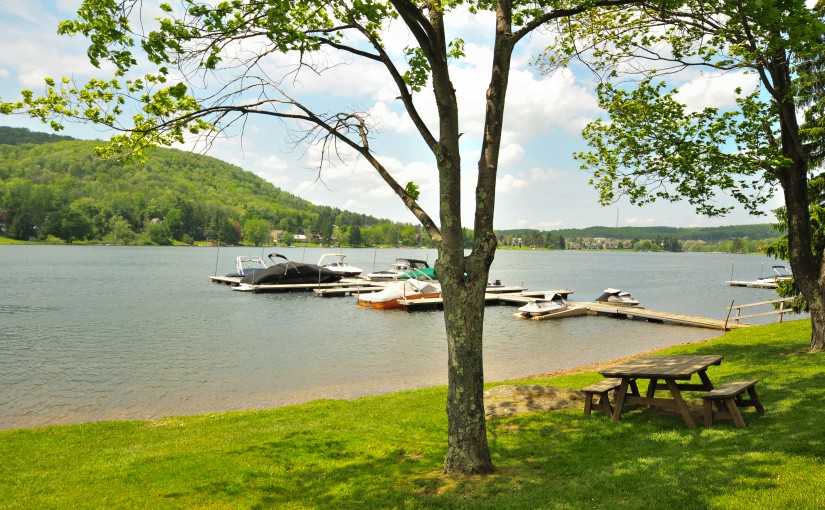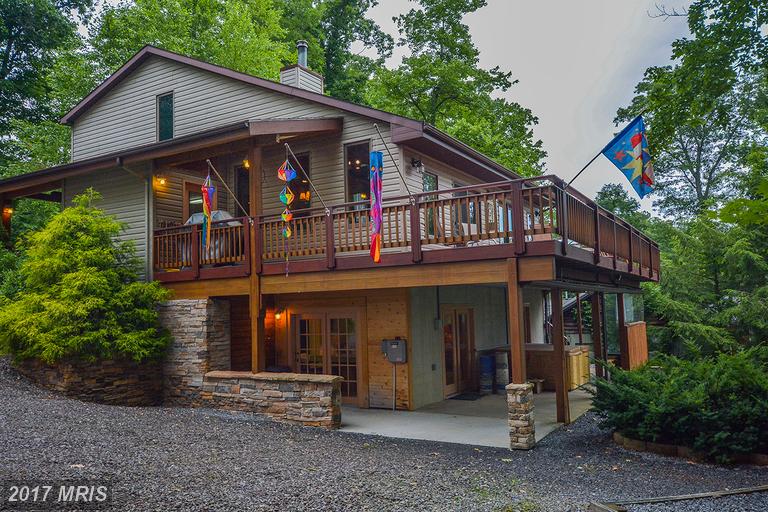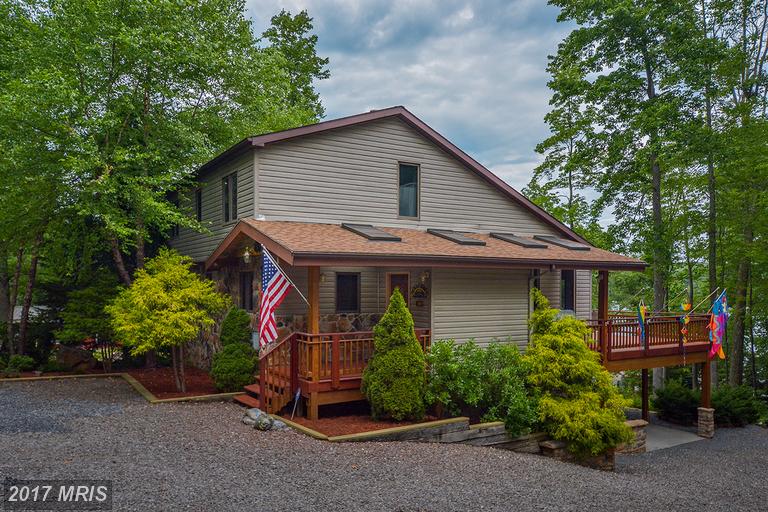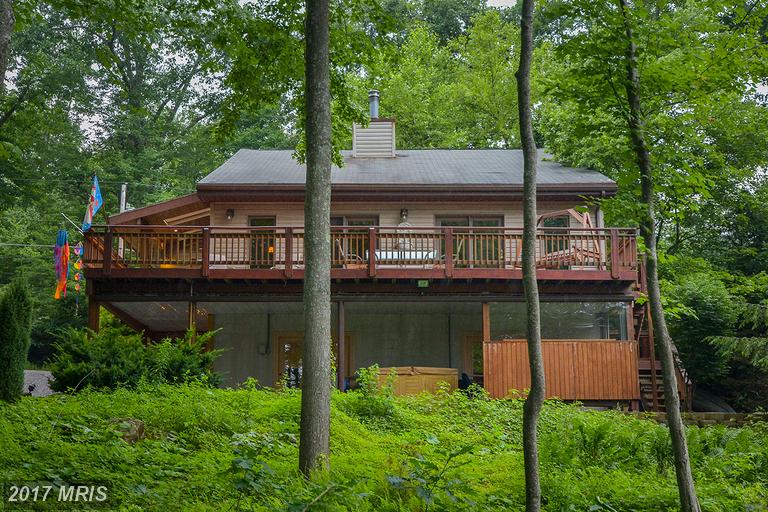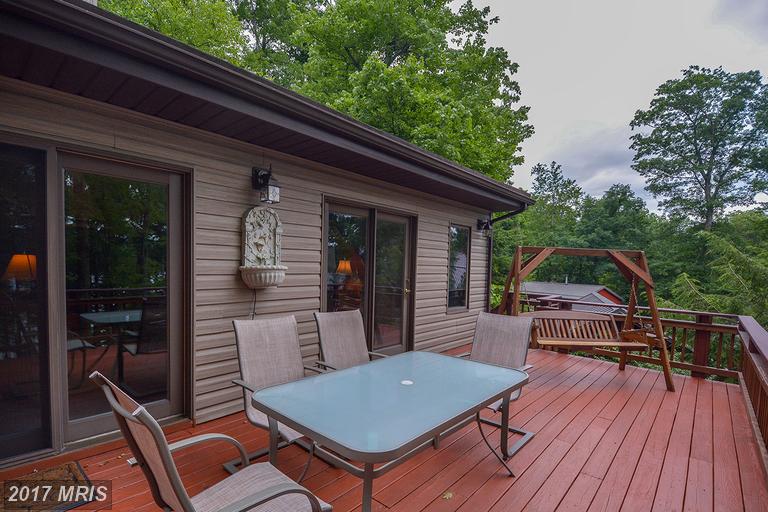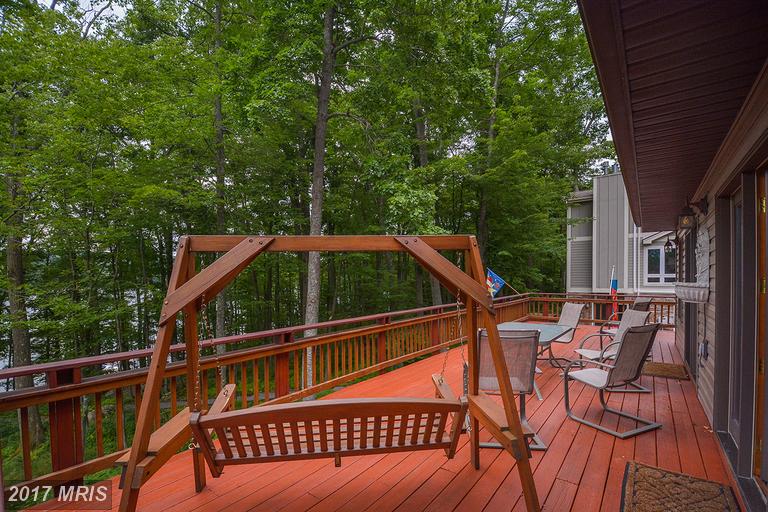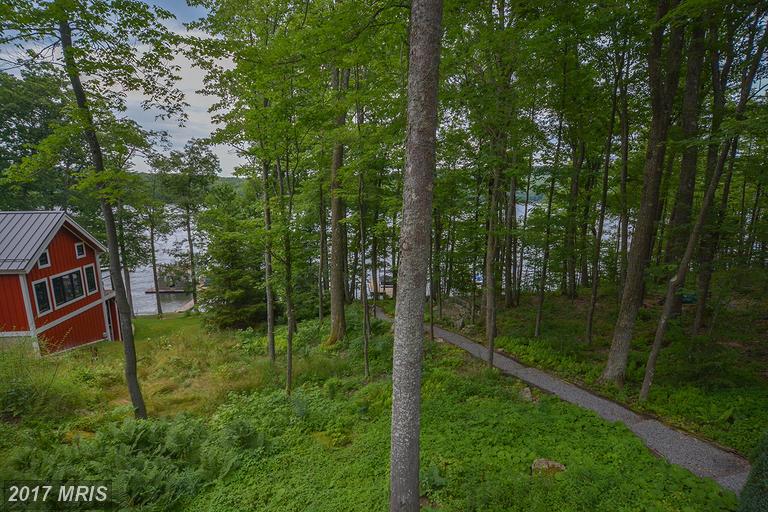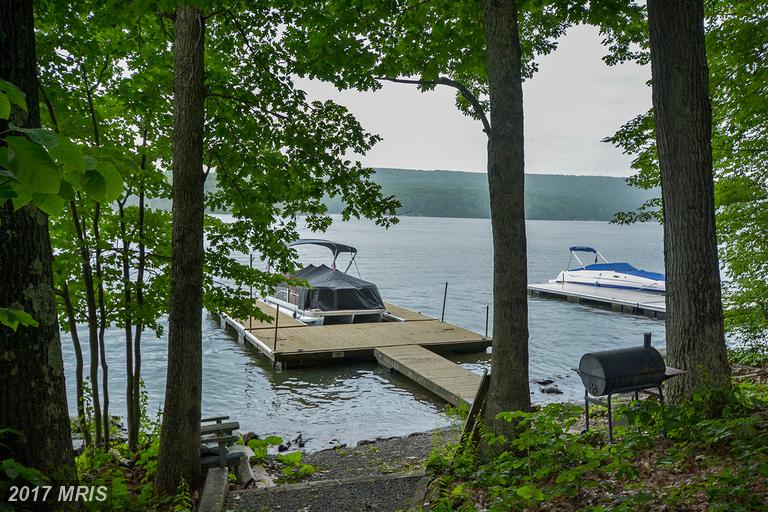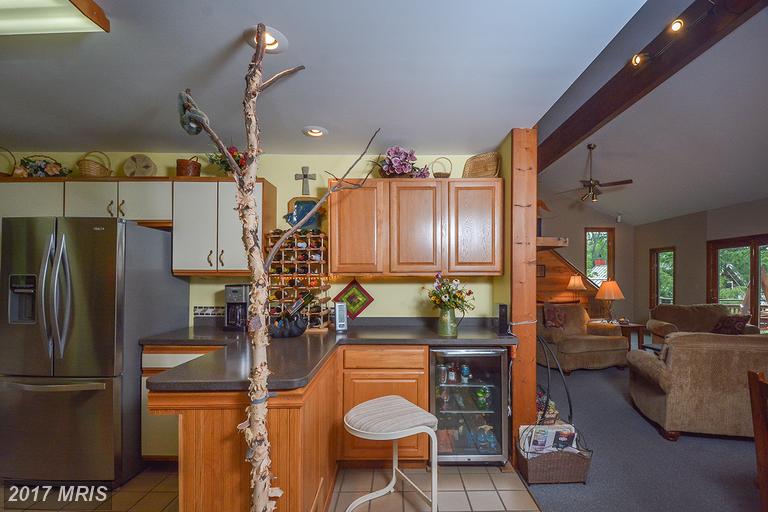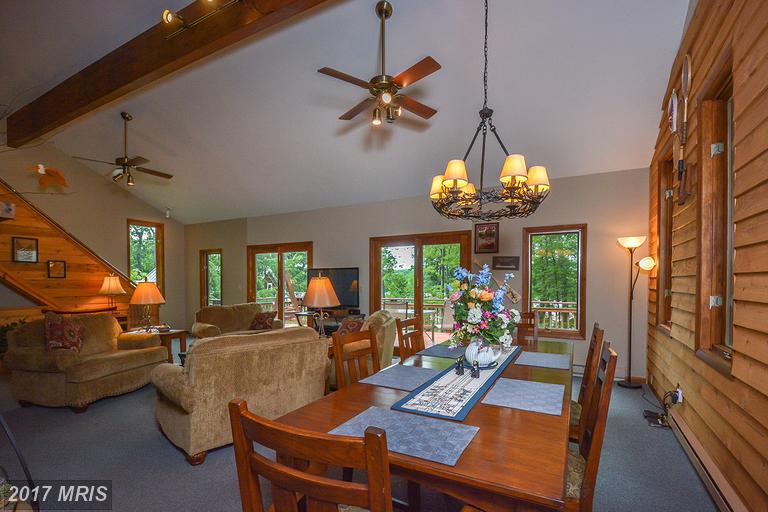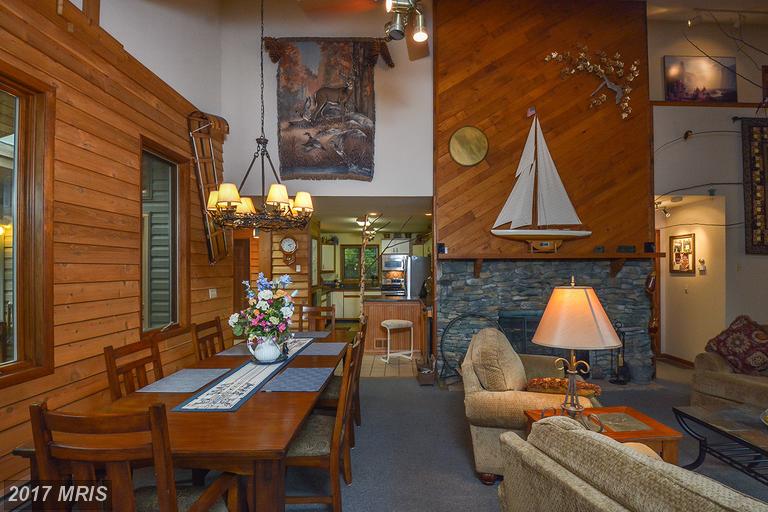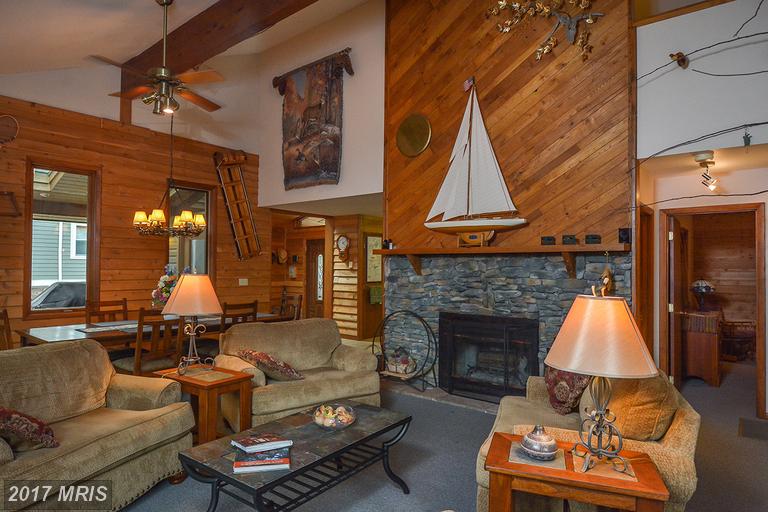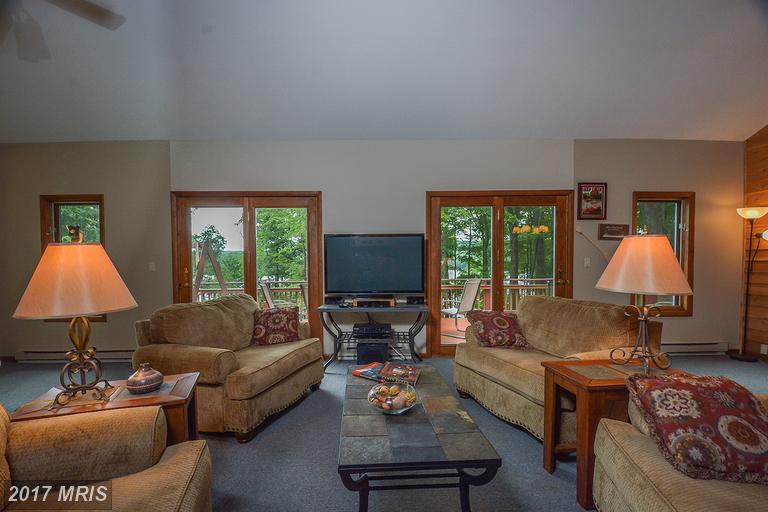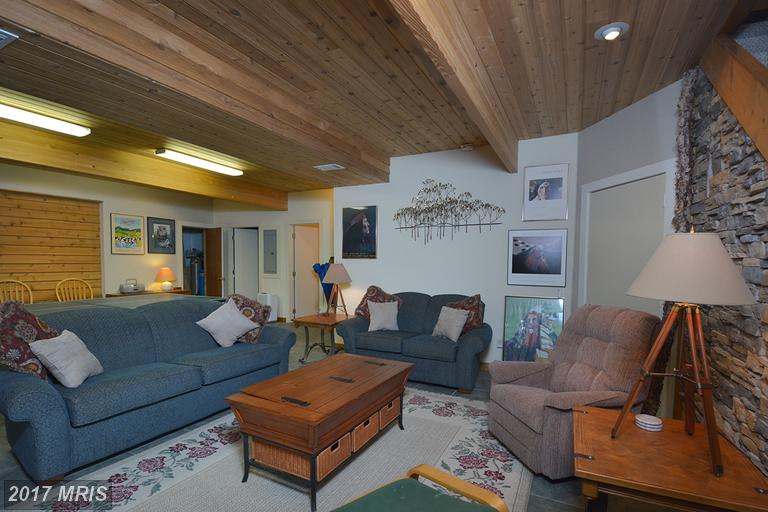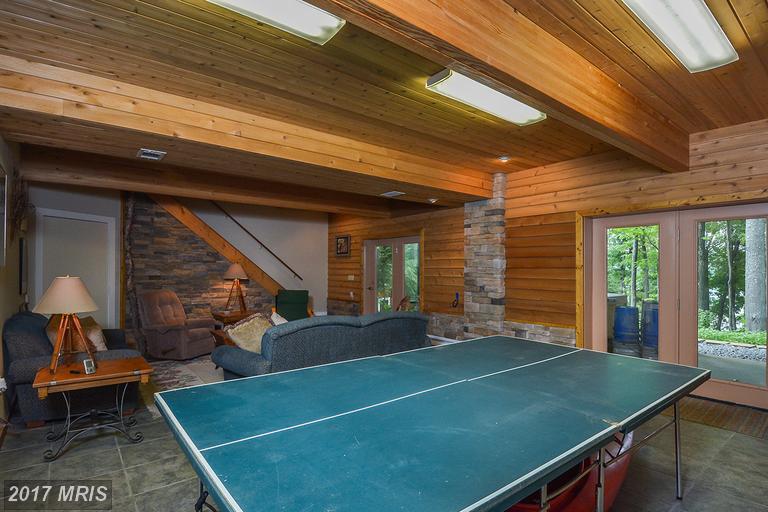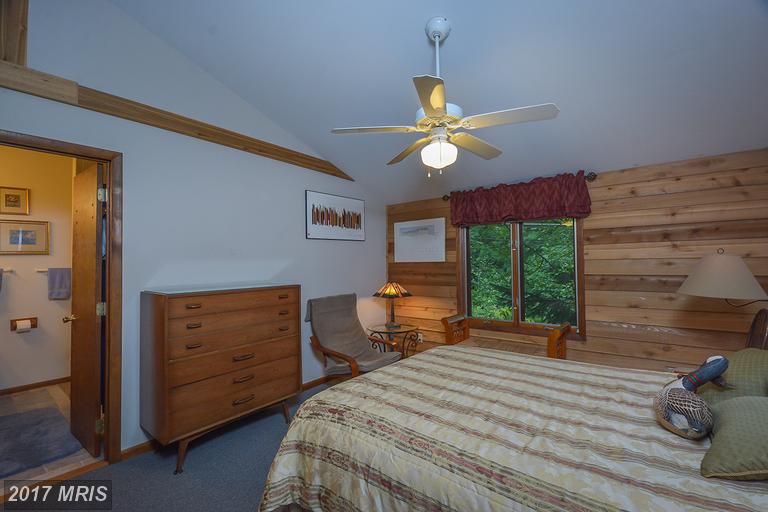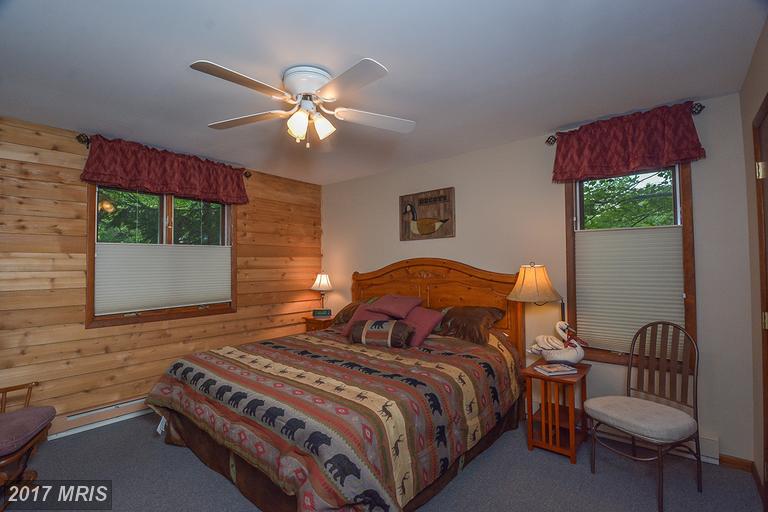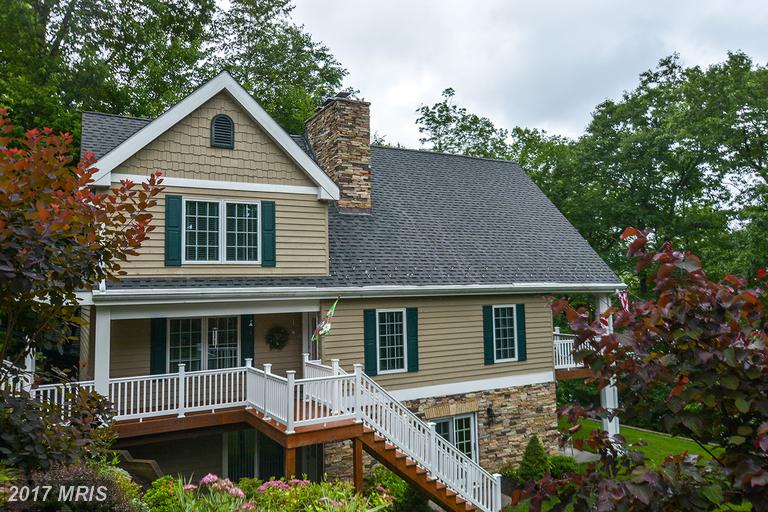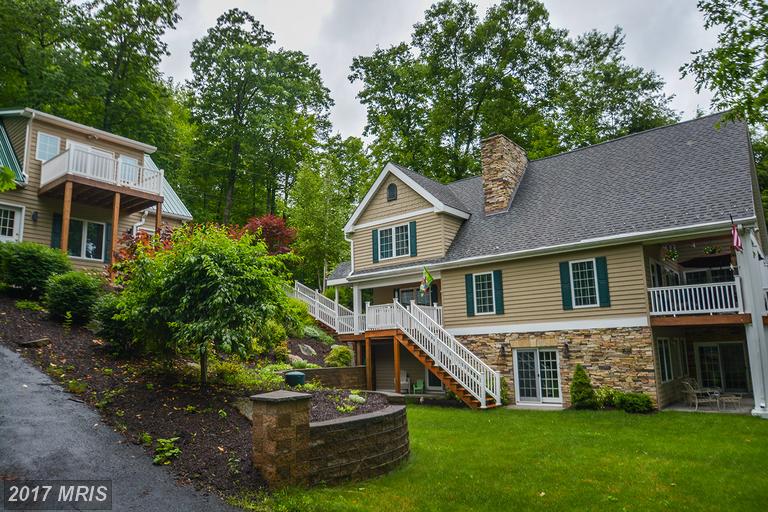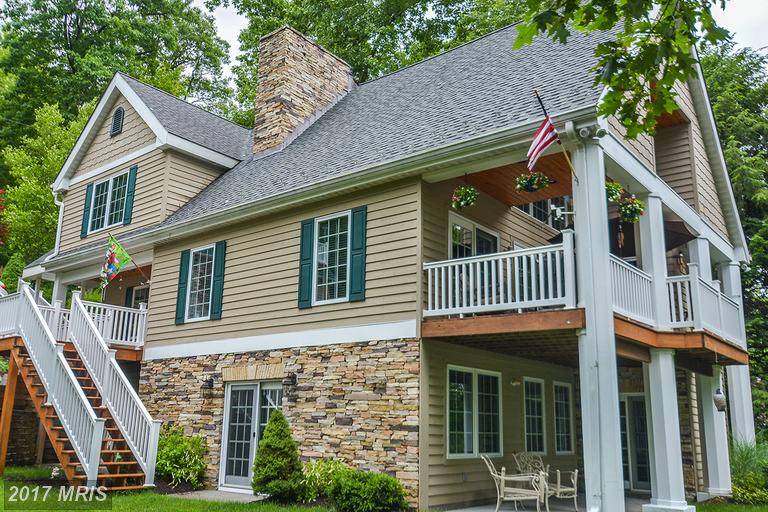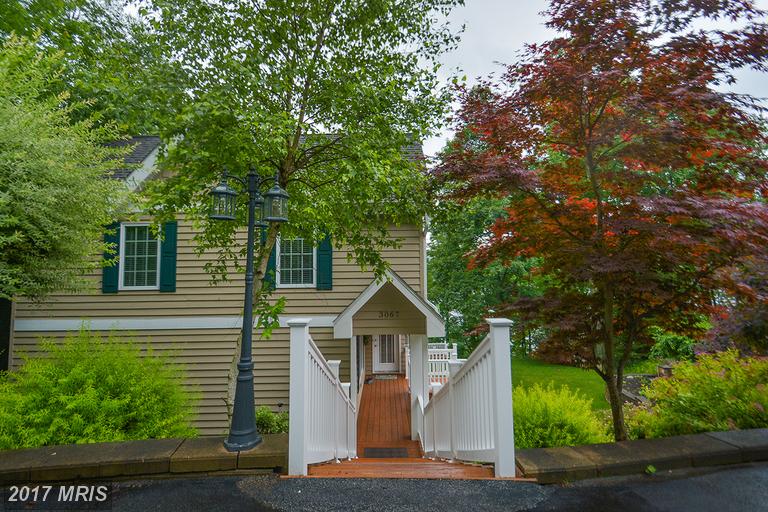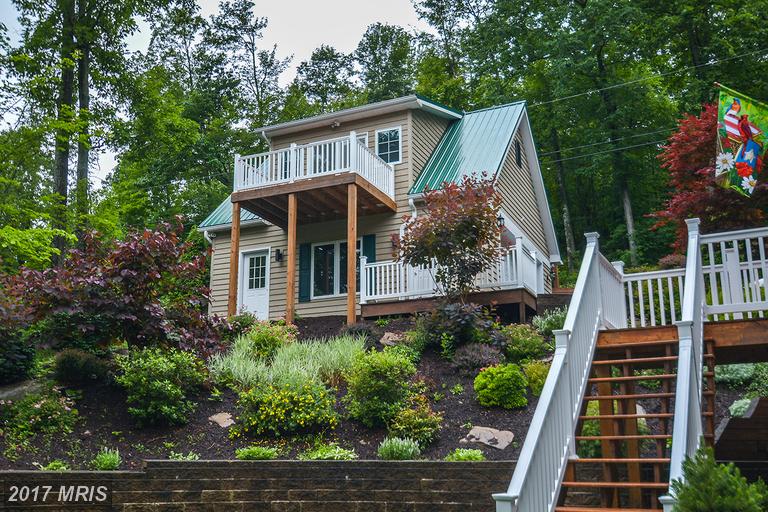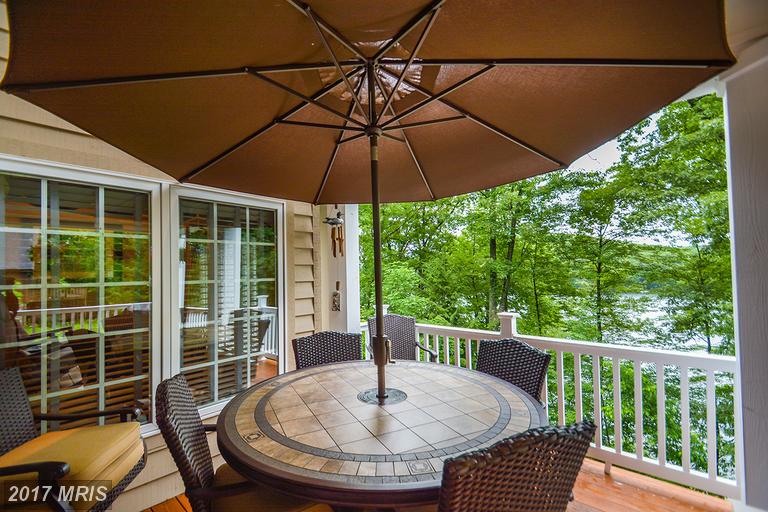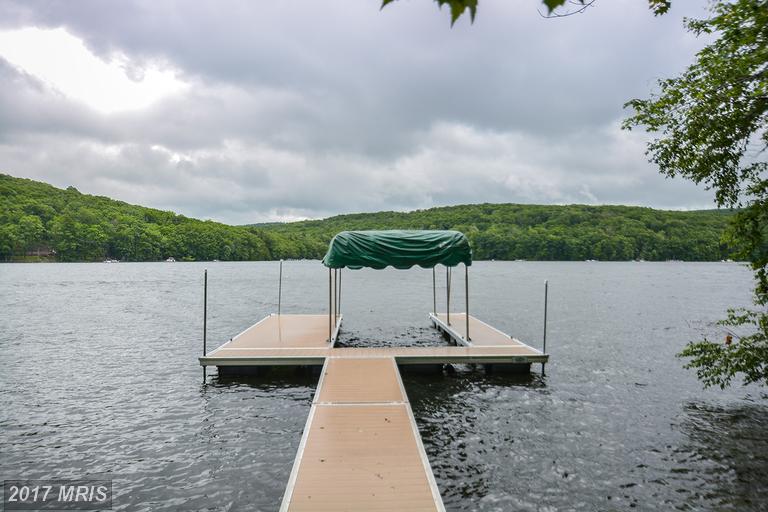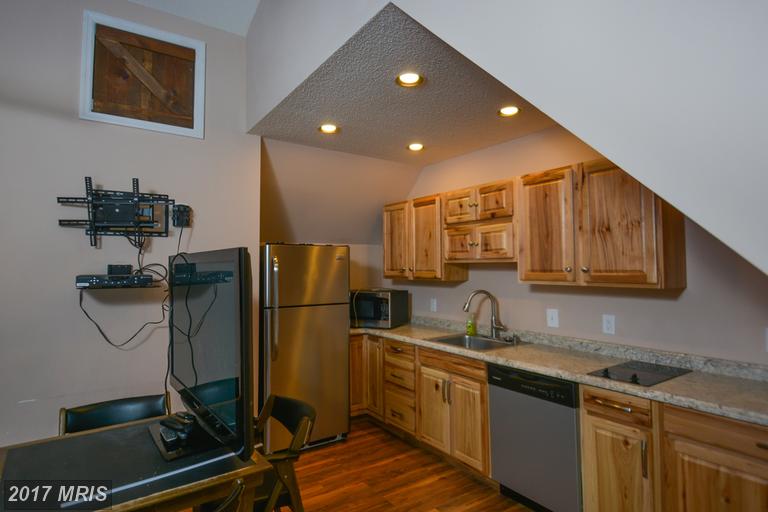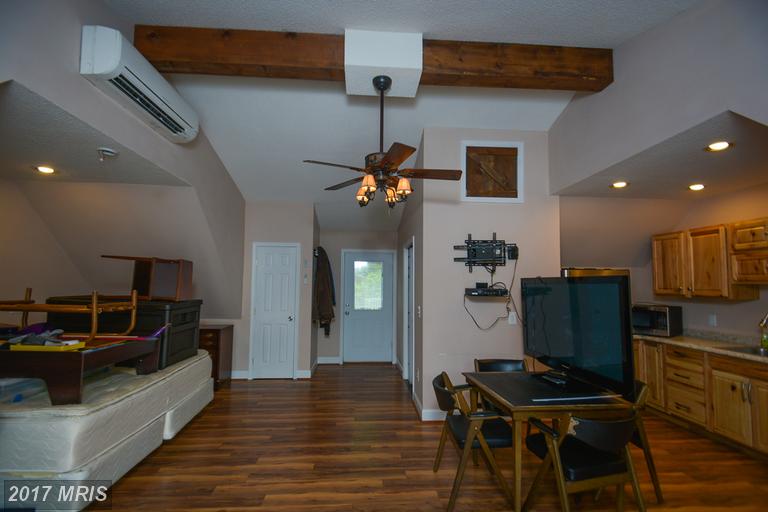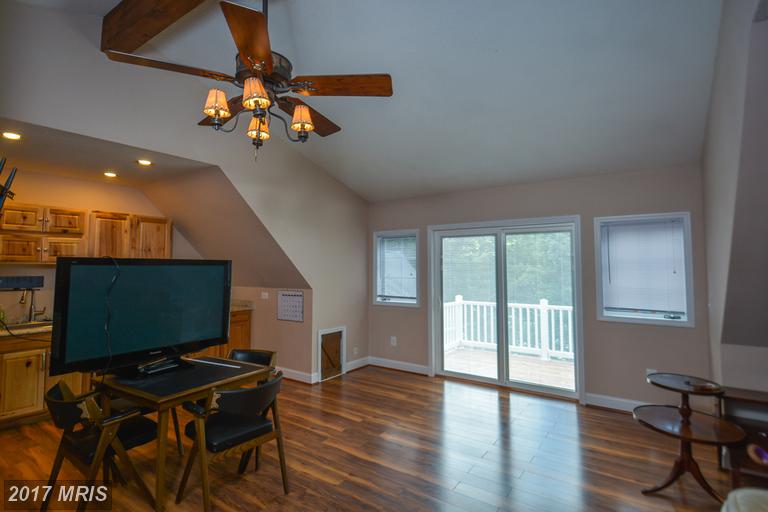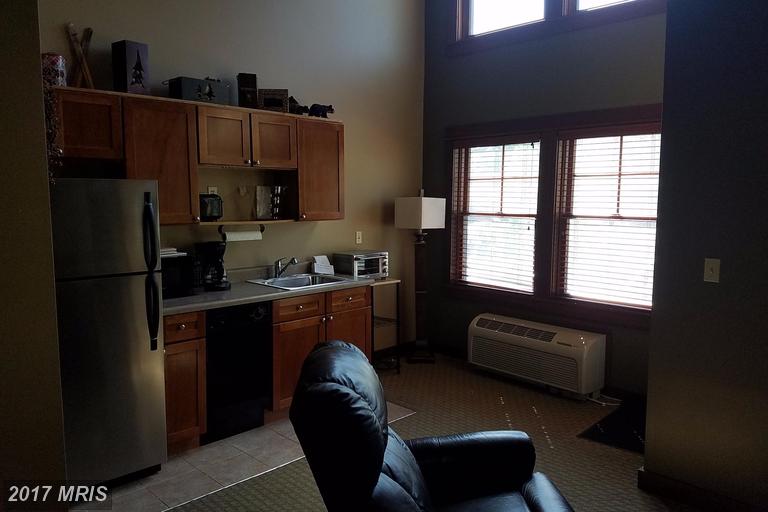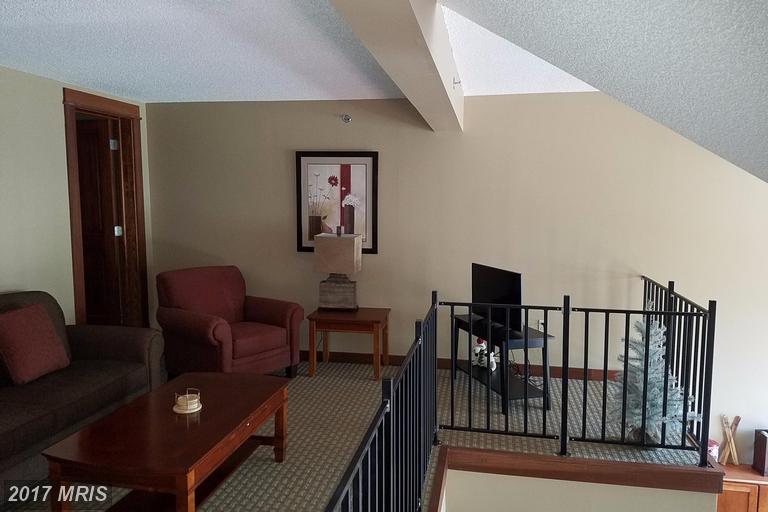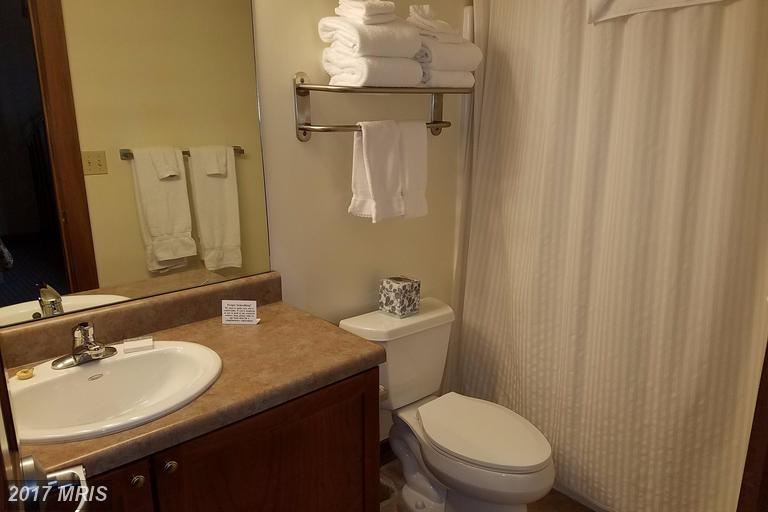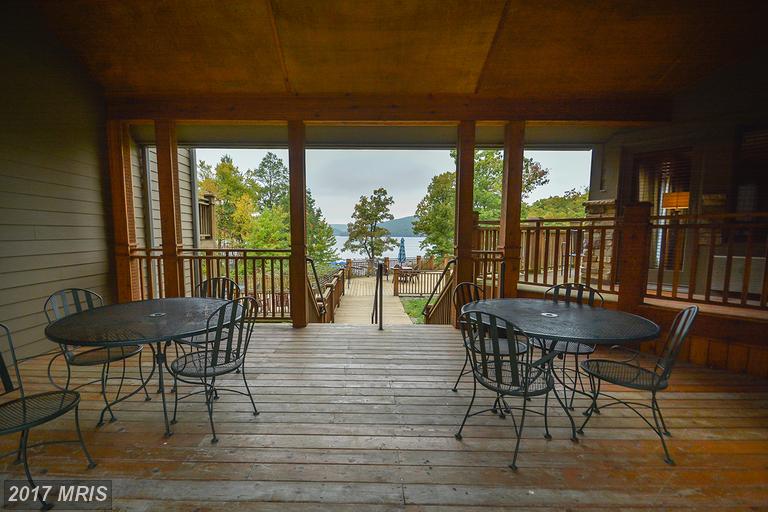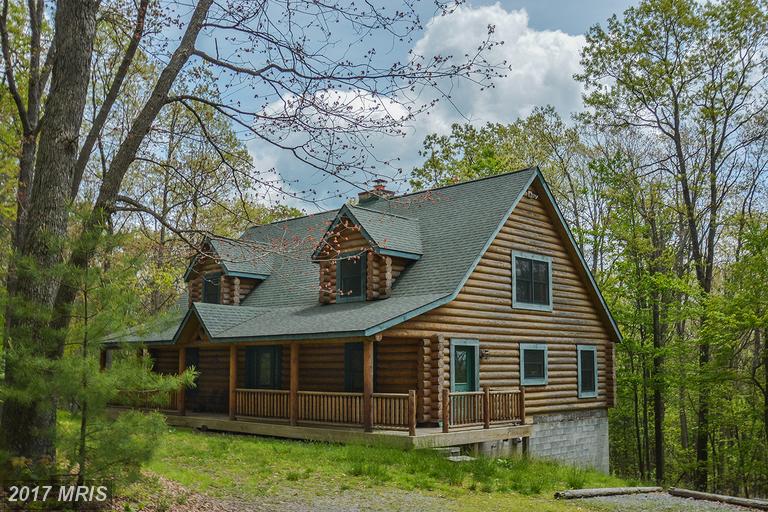Tag: deep creek
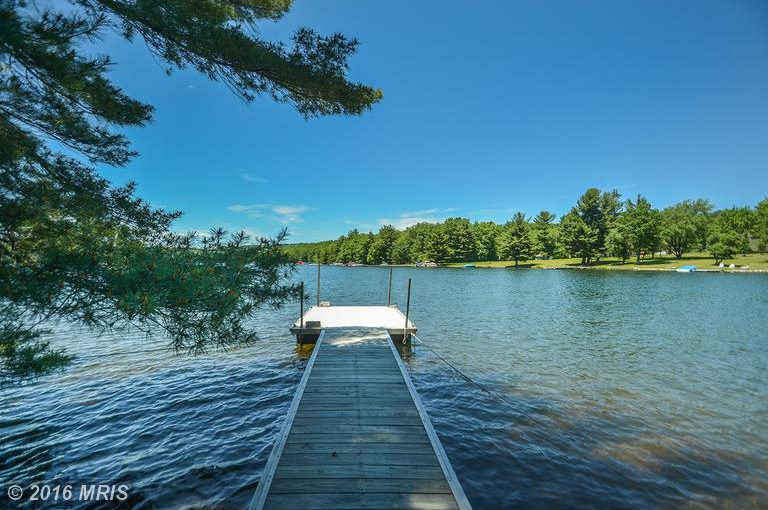
Vacation-home market booms in Maryland and Virginia
The robust housing landscape in Washington exists for more than just primary residences. A number of second-home markets have seen an increase in popularity in the past few years across a wide variety of destinations — from waterfront communities to mountain retreats.
We’re take a closer look at three such markets that are showing clear signs of increased demand among Washingtonians seeking a getaway.
The Eastern Shore of Maryland
Maryland’s picturesque Eastern Shore has long been a second-home destination for Mid-Atlantic city dwellers, but its popularity has reached new heights within the past two years.
Homes on the Eastern Shore are selling in half the amount of time that they were when the country was coming out of the recession, with median days on the market dropping from more than 100 in most months of the year from 2007 to 2013. Now, the days on the market is more likely to be under 75, even hitting a record low of 45 in June 2016 and 46 in May.
The number of closed sales per month keeps climbing on the Eastern Shore, with even the winter months of the past two years seeing approximately the same number of sales as the peak spring selling months of just a few years prior. While there’s an active market, the area still provides value.
The median sales price for homes here has stayed steadily between $200,000 and $250,000 for the past nine years. However, with all other indicators showing a return to demand, we expect prices to increase over the next year or two.
Shenandoah County, Va.
For those looking for an escape near the mountains, the Shenandoah region’s real estate market is showing signs of renewed strength. The number of active listings has plummeted, even though the number of new listings coming on the market has stayed roughly the same for the past several years.
This trend suggests that although new listings are coming onto the market, they are selling quickly and therefore don’t remain active for long. Every month for the past two and a half years, the number of active listings has decreased compared with the same month for the year prior and, more notable, the size of the decrease has grown to percentages in the double digits over the past year.
Correspondingly, the number of days on the market has started to tick downward, moving from 100 in the past two years and staying under 80 for the majority of months. Median sales prices have also trended upward over the past year, settling in around $175,000 this past spring.
This is part of the slow but steady climb from the low point during 2010, when prices were closer to $125,000, after reaching peaks of more than $250,000 during the boom years around 2007.
Garrett County, Md.
One location Washingtonians should keep an eye on is Garrett County, Md. Approximately three hours from Washington, this county borders West Virginia and contains Deep Creek Lake — the largest man-made lake in Maryland. Fly-fishing, boating and white-water rafting are common summer activities, and during the winter Wisp Resort attracts skiers and snowboarders to the slopes.
This region has started to show all the signs of a market on the cusp of becoming highly competitive. Prices have made a noticeable rebound by crossing the $300,000 mark (after a few post-recession years when they dipped to $150,000), and the median days the on market has dropped by more than a half, from more than 200 just a few years ago to as low as 54 in July 2016.
The surest sign that this market is getting hot is that homes are just now getting back to the point of selling close to their asking prices. After a few years when sellers were getting only about 80 to 85 percent of their asking price, Garrett County has crossed into the 95 percent category. This shows that buyers are more motivated than ever to own a home in this community.
With median prices well below those of homes in the Washington region, all three of these markets are poised for growth, and properties in these areas could be a wise investment for the right buyer. Local real estate agents can help identify the best neighborhoods and specific properties, and talk more in detail about these recent trends.
They can help you find the right vacation home at the right price, especially when shopping for a home from out of town.
The fact that a number of second-home destinations continue to see a rise in popularity is yet another sign of renewed health for the housing market in and around Washington. Whether it is mountain trails or the water’s edge that appeals to a vacation-home buyer, our region has a tremendous variety for everyone across the price spectrum.
For more info, click here.
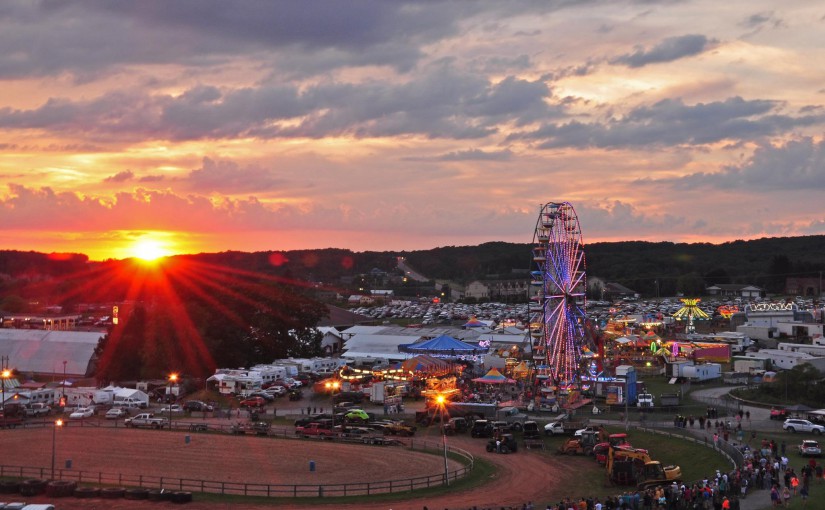
61st annual Garrett County Ag Fair scheduled for July 29–Aug. 5
McHENRY — Although there have been various fairs and carnivals held in Garrett County for at least a century, the contemporary Garrett County Agriculture Fair will observe its 61st anniversary this year, with the 2017 event scheduled for Saturday, July 29, through Saturday, Aug. 5.
The fair will once again consist of a myriad of competitions, ranging from the judging of farm animals and their caretakers to canned goods to photography to 4-H projects. There will be tractor pulls and a baby crawling contest, live entertainment on the Exhibit Hall stage every evening, and Reithoffer Shows will provide a wide variety of rides and amusements.
In addition, numerous service organizations, churches, and other nonprofit entities will have various food and beverage items for sale, and the fair will conclude with the annual Garrett County Livestock Sale.
Among the musical entertainers throughout the week will be Russel Dickerson, Tim Litvin, Sundance Head, the Joseph Sisters, and HeartStrings.
Much of opening day, Saturday, July 29, will be spent entering all indoor exhibits, and the Reithoffer Shows carnival rides will run from 5 to 11 p.m. that evening.
Judging of exhibits will be conducted all day on Sunday, July 30, with the barns closed to traffic, and the entering of horses and marketing animals will be conducted throughout the day, 9 a.m. to 4 p.m.
The day will culminate with an interdenominational worship service at 6:30 p.m., followed by the crowning of the 2017 GC Farm Queen at 7:30 p.m.
All exhibit barns will be open to the public beginning at 10 a.m. Monday, the carnvial rides will be open until 11 p.m., and various contests/competitions will be held throughout the day.
Tuesday will be Senior Citizens Day, with free admission granted for those age 60 and older. Seniors may ride midway attractions free from 1 until 5 p.m. The day’s schedule will also include a pet show, a 4-H robotics challenge, a high school junior rodeo, and a performance by the Still Kickin’ Cloggers.
The Wednesday slate will include a baby crawl and judging in various animal categories.
A pedal tractor pull, 4-H/FFA beef showmanship judging, a market beef show, and a heavyweight tractor pull will be among Thursday’s events, with Friday’s schedule including the master showman competition, 4-H engineering events, the costume animal parade, cow patty bingo, mechanical bull riding, and peewee swine show.
The final day of the fair — Saturday, Aug. 5 — will include the Livestock Olympics, a dirty-pony contest, the annual livestock sale, the four- and eight-cylinder demolition derby on the fair track.
The cost of admission to the fair on Monday, Tuesday, Wednesday, and Saturday (July 29) is $10, which covers unlimited carnival rides, entertainment, and track events. The admission price for Thursday and Saturday (Aug. 5) is $15, which covers the same items noted above. Non-ride tickets, which must be purchased in advance ($7), include entertainment and track events, but not carnival rides. The non-ride tickets can be purchased at First United Bank & Trust in McHenry, Grantsville, and Friendsville; Slopeside Market, Deep Creek Shop and Save; all First Peoples locations; Double G Ranch; Southern States in Mountain Lake Park; and Gregg’s Pharmacy in Oakland.
More information can be found on the fair website at garrettcountyfair.org.
The Garrett County Agriculture Fair is a non-profit organization that is led by a 24-member all-volunteer board of directors.

NEW LISTING- 508 Lake Forest Drive
Peaceful wooded waterfront with gentle slope to lake offers deep-water Type A private dock.
Enjoy four-season beauty of the lake, sun and moonrises by a wood-burning fireplace or from the expansive lakeside deck.
Architect/Owner incorporated natural cedar and dry-stacked stone into low-maintenance design; 3 master suites (4BR/4.5BA), ample parking and hot tub ~rental-ready~ if desired!
Must see!
For more info, click here.

NEW LISTING- 3067 Shingle Camp Road
Check out my new listing on Shingle Camp Road!
Type A dock, deep water. Covered lakefront porch allows for plenty of time outdoors.
Must-see custom lakefront home with additional carriage house above detached garage. 5 bedrooms, 4 bathrooms.
Gourmet kitchen, picturesque fireplace and high efficiency heating and cooling systems.
For more info, click here.
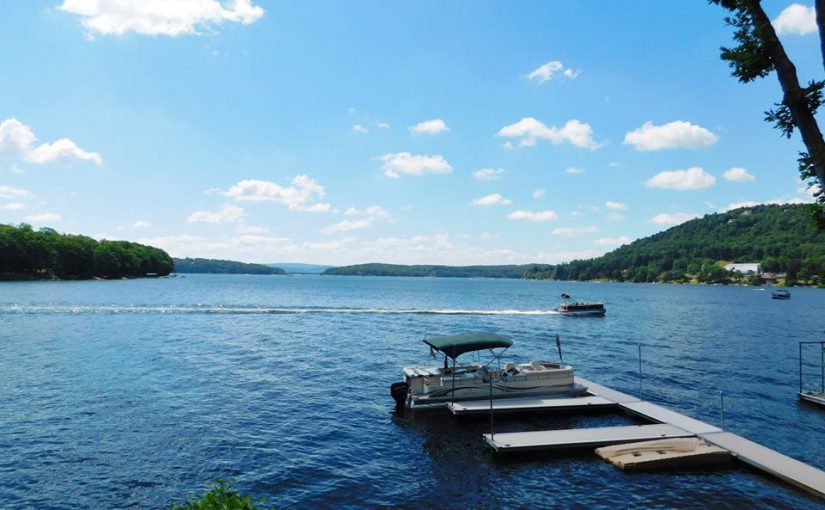
Summer Safety Tips from GRMC Medical Associates of Grantsville
School is out, vacations are booked and warm weather is right around the corner. Because we care about your health and safety, Dr. Crable, from Medical Associates of Grantsville has put together a list of tips for a safe and happy summer.
Stay hydrated– Being hydrated is essential for good health and consuming water is necessary to keep a body functioning properly. This is especially important in the summer months when our bodies require an intake of more water to counteract the effects of warmer weather and higher humidity. It is recommended to drink six to eight 8-ounce glasses of water a day. To avoid dehydration be aware of the heat and temperature and modify your summer activities appropriately.
Sun Safety and Protection– It’s natural to want to get out and enjoy the sun during warm summer days, but it should also be a priority to take steps to protect your skin from the sun. Ultraviolet (UV) rays from the sun and other sources like tanning beds are the #1 cause of skin cancer. Avoid consequences of overexposure to the sun like sunburns, premature again of the skin and damage to the eyes by practicing proper sun protection. Using a broad-spectrum sunscreen with an SPF of 30 or higher, wearing proper clothing, a wide –brimmed hat and sunglasses and limiting direct exposure to the sun are some tips to stay sun safe.
Summer Insect Safety– The warmer temperatures of summer mean more outdoor family time, but warmer temperatures are just as appealing to insects. Most insect bites in the Garrett County area are irritating but otherwise harmless; however, some insects can transmit viruses and diseases. Ticks are also very prevalent in the area and can transmit Lyme disease, which can be treated if recognized early. To prevent bugs from biting avoid perfumes and scented soaps that can attract some insects, stay away from stagnant water and heavily wooded areas, dress appropriately if you plan to be in a wooded or grassy areas, and be conscious of the DEET concentrations that are used in insect repellants.
Outdoor Activity Safety– Children love playing outside in the summer time and the Garrett Region offers unlimited opportunities for outdoor recreation. At the playground make sure that all equipment has been carefully maintained, that children can’t reach any moving parts that may pinch or trap them and always supervise children on playground equipment. To ensure bicycle safety a helmet should be worn at all times and should fit properly and be securely fastened.
Finally, it’s recommended to always keep a first aid kit handy. For a list of first aid kit contents from the American Red Cross, please visit www.redcross.org.
And for those problems the first aid kit can’t handle, Dr. Crable and the staff at Medical Associates of Grantsville Urgent Care are able to provide excellent, patient-centered care at the state-of-the-art urgent care center seven days a week. The office can be reached at 301-895-8750, or visit us at 32 Corporate Drive, Grantsville, MD. Walk-ins are welcome.
For more info, click here.
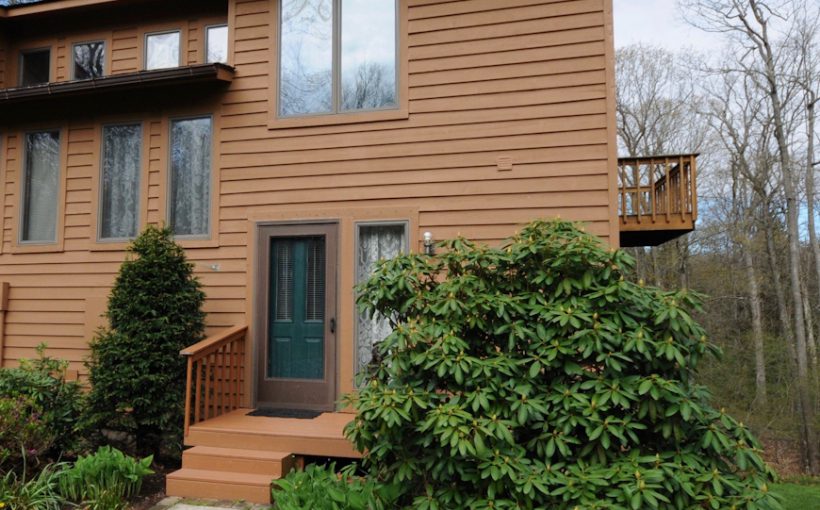
Testimonial Tuesday
“In short : Jay Ferguson and Taylor-Made Real Estate are the best! Jay sold our home in record time and made it a great experience to boot.
From day one Jay told us ” I am going to sell your home,” and there was an offer on the table less than 8 hours after the house was listed. Jay did his homework. He had a thorough understanding of pricing trends and of the strengths of our unique development before the unit went on the market.
The results : our unit sold faster than almost any other house in our community that had been listed over the past five years and it sold at a higher price than most if not all of those same units.
Jay and his wonderful, friendly staff at Taylor-Made have created a digital marketing juggernaut. They take the time to get it right the first time and are very effective in making sure potential buyers will easily find your home’s listing online with accurate information on well designed, eye-catching web pages.
Jay is honest and straightforward. Jay never made a promise he did not deliver on. Jay is an expert negotiator and we always felt he was looking out for our best interest first. Jay very patiently walked us through all the steps we needed to sell our home. Jay was readily available to answer any questions or to update us on any developments regarding our contract. Jay’s knowledge and acumen are second to none. He is just a great upbeat guy and a pleasure to work with. He is also a cool cucumber. Selling a home can be a stressful situation at times but thanks to Jay’s people skills he always kept things on an even keel.
His excellent support staff (including Megan, Susan and Allie) were also tremendously helpful and friendly. Everything Jay does is deliberate and has purpose. Jay is truly there to serve his clients and exceed his client’s expectations which he definitely did in our case.
I would recommend Jay to anyone who is considering selling their home. Jay is one of the hardest working, most positive, talented professionals we have had the pleasure to work with in any field. While there are a lot of great agents in Western Maryland Jay is in a class of his own. We were blessed to have him in our corner and I promise you will feel the same if you choose Jay to sell your home.” – Rob Paine

NEW LISTING- 565 Glendale Road #308
Check out my listing at Silver Tree Suites.
Take a closer look at this over-sized unit at Silver Tree Suites. You will feel the difference that this 722sf offers over smaller units – and so will your guests!
This in-demand unit rents more often than most because of the added size and attractive layout with loft bedroom.
Best priced unit compared to other similar floor-plans. Enjoy the lakefront amenities & added bonus of rental income!
For more info, click here.

NEW LISTING- 167 Tenderfoot Road
Check out my new listing!
Yellowstone log home on 4.31 wooded acres. 3BR/2BA on the main and upper levels, and 2 more BR + BA on the lower level are framed, dry-walled, just waiting for paint and flooring.
Construction is 90% finished and most materials needed to finish are stored in basement.
Property is priced $50k under assessment! Two impressive fireplaces and a peaceful front porch. 5BR rental projections ~$25k+/yr.
For more information, click here.

Taylor-Made Deep Creek Vacations & Sales Raises Money for Local Animal Charity
Taylor-Made Deep Creek Vacations & Sales is a leading vacation rental and real estate firm located in McHenry, MD. With a strong commitment to the local community, their team is involved in a wide variety of charitable activities through sponsorship, donations and volunteer work throughout the year.
In May of 2017, Taylor-Made owners and members of the Deep Creek Lake real estate team broke out their bartending skills to host a Guest Bartender Night at JG’s Pub to benefit HART for Animals, a local non-profit with a mission to improve the condition of animals in Western Maryland. Their adoption center has become a model for compassionate animal rescue.
Lots of members of the Taylor-Made Deep Creek staff were on hand as servers or to help with the silent auction and raffles. The company has partnered with Kate and Fred Collins, JG’s Pub owners, on this event for over ten years. They are always happy to roll up their sleeves for HART for Animals. The event was a huge success raising over $2,300.
Later that month, staff stepped-up to support the Adopt-A-Road program in Garrett County. Members of every department at Taylor-Made volunteered their time to pick up litter prior to the busy summer season on the four “adopted” roads.
“A strong commitment to community plays a key role in our company culture,” stated Jodi Taylor Refosco, Owner. “It strengthens our team and benefits the Deep Creek Lake area as a whole.”
Taylor-Made is family owned and operated by Jodi Taylor Refosco, her husband, Joe Refosco, and her brother Chad Taylor. Betsy Spiker Holcomb and Jay Ferguson are co-owners of the real estate company that was started in 2014.
With over 370 homes, Taylor-Made is the largest vacation rental management company at Deep Creek Lake. Their sister Deep Creek Lake real estate company has become the fastest growing brokerage in the area in recent years.
About Taylor-Made Deep Creek Vacations & Sales
Taylor-Made Deep Creek Vacations & Sales has become a frontrunner in Deep Creek Lake vacation rentals, real estate, and property services. Taylor-Made rental homes and sales listings are conveniently located within a few hour’s drive from Pittsburgh, Baltimore, and Washington, DC.


